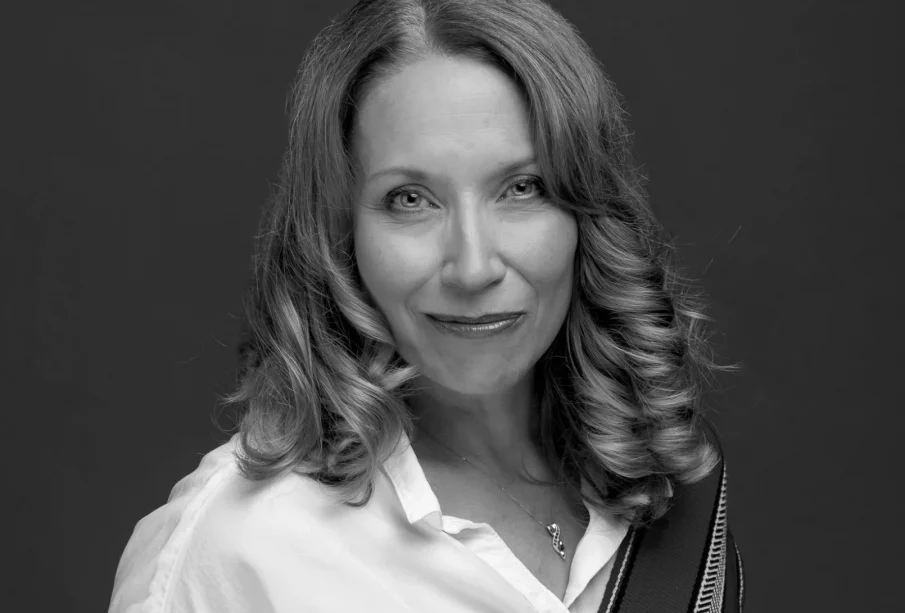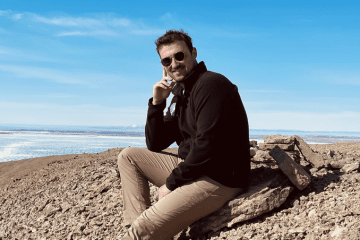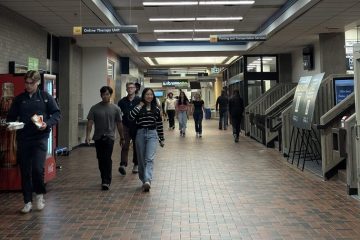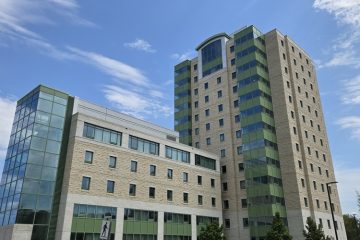In the third part of this ongoing series, the Carillon spoke with Merelda Fiddler-Potter, an assistant professor in the Indigenous Journalism & Communication Arts program and Indigenous Business & Public Administration program
Interview with Dr Merelda Fiddler-Potter, assistant professor, Indigenous Journalism & Communication Arts, Indigenous Business & Public Administration, First Nations University of Canada.
How long have you been teaching at the First Nations University of Canada (FNUniv) and what courses do you teach?
I have been a sessional instructor at the FNUniv for over 20 years. However, I became an associate professor two years ago in July 2023.
I teach ADMN 225, ADMN 203, ADMN 205, ADMN 345, INCA 100, INCA 210, INCA 284, and INCA 392.
How do you choose the content and syllabus for your classes?
Part of it is the objective of what students need to learn when they get a degree in INCA and ADMN. The other part is asking the question: how Indigenous knowledge can inform the western academy?
The goal of these classes is to teach students how to think specifically from an Indigenous perspective, but [also] how to apply them in other situations. There are so many things we can learn from Indigenous worldviews that are a bigger part of the larger western world that we live in.
How do non-Indigenous students respond to your classes?
I think at first, they are nervous that maybe they’ll make a mistake, or offend somebody, or maybe they won’t fit. One of the most beautiful things about FNUniv is that everybody can find a place there.
What most students find is this incredibly accepting space where they get to learn about other cultures here in Canada, particularly Indigenous. So, I would say they come in nervous, and leave happy because they’ve learned something new and found new connections.
What are the important skills that students gain through these classes?
The soft intercultural relationships, particularly [for] my journalism students, they don’t know [that] when they get out into the field, they’re going to end up covering stories in Indigenous communities, particularly in the prairie provinces. And if you are in our program, and spend every day fully immersed in Indigenous community and other students, both Indigenous and non-Indigenous, it prepares you for your future career. There’s just no other place where you can do that.
One of the things that I always say is, this is a beautiful bonus of being in our program, because you get to be in a community without the pressure of reporting before you become a reporter.
Journalists are creating the first version of history. We are training people to take care of other people’s stories and if you don’t know what it means to take care of someone’s story, you’re doing people a disservice. – Dr. Merelda Fiddler Potter, assistant professor, First Nations University of Canada.
You have been a working journalist for two decades. How does that experience help you teach?
If you haven’t been a frontline reporter in a mainstream media newsroom, you really don’t understand the pressures that students will face. You’re going to face ethical dilemmas every day. So, one of the things I say to people is the ethics training, the critical thinking that we have, it is there to make sure that you’re ready. Because oftentimes journalists come out of programs, and they’re taught technical skills. But it’s the soft skills, such as “How are you going to handle x [situation]?”
I’ve been a journalist for over 20 years. My colleague, Nelson Bird, was a journalist for over 30 years. We have been through television, radio, internet, and the changes of social media. And we continue to stay up on all of that.
I often tell students that journalism is full of really high highs and really low lows. So having journalists, who have spent decades doing the work, helps students to really understand, like, this is how it will go.
You were recently awarded with the 2025 distinguished Professional Achievement Award. What does achievements like this mean to you?
I don’t know if it impacts my teaching style. For years, journalists were seen as technical people, and a lot of programs still see themselves like that. There’s nothing wrong with that. But journalists are so much more than that. Journalists are creating the first version of history. We are training people to take care of other people’s stories and if you don’t know what it means to take care of someone’s story, you’re doing people a disservice.
When we talk about that distinguished professional award, as journalists and educators, we inhabit a unique space, and that space is an obligation to teach people how to do what we do, and do it better than we did.
What advice would you give to aspiring journalism students?
Fight for [journalism]! If you care about it and you think we need [more] journalists, fight for it.










